detail profile byun young joo
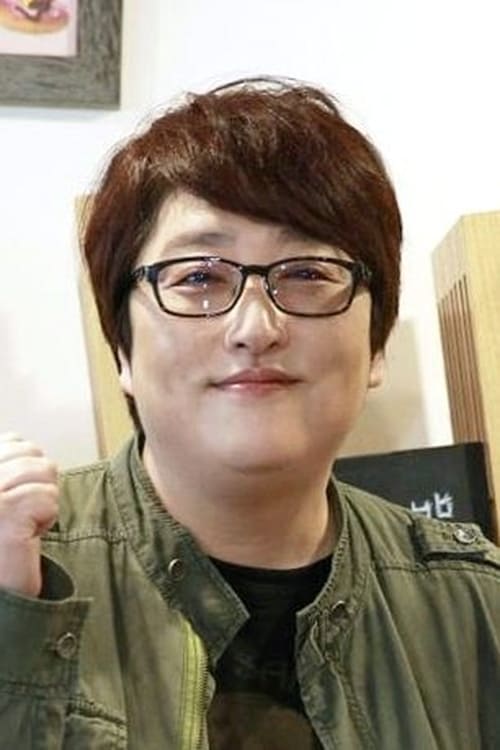
Byun Young-joo
Byeon Yeong-ju
atau dikenal sebagai
Riwayat Hidup
She is a founding member of the women's feminist film collective "Bariteo," which was established in 1989.
She worked as a cinematographer on Even Little Grass Has Its Own Name (dir.
Kim So-young, 1989), a short film about gender discrimination at work, and My Children (dir.
Doe Sung-hee, 1990), a documentary film about childcare in a poor neighborhood.
Her first documentary Women Being in Asia (1993) centers on the sex trade in Asia, particularly the sex tourism of Jeju Island.
Info Pribadi
Peran Yang Di Mainkan Byun Young-joo
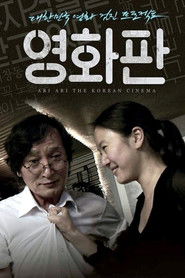 Director Chung JiYoung criticizes the thought...
Director Chung JiYoung criticizes the thought...Ari Ari the Korean Cinema 2012
Director Chung Ji-Young criticizes the thought that older directors have difficulties in making certain movies. Actress Yoon Jin-Seo agonizes over her identity as an actress. In 2009, before the movie "Unbowed" was made, they met and planned a documentary about Korean movies, including the processes a Korean movie goes through and difficulites. "Ari Ari the Korean Cinema" is a documentary with interviews of Korean directors, actors and actresses.
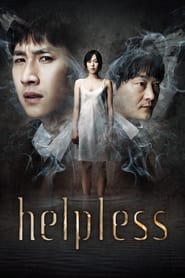 A woman suddenly disappears Her fiance...
A woman suddenly disappears Her fiance...Helpless 2012
A woman suddenly disappears. Her fiance then sets out to find her and, in the process, uncovers layers of dark hidden secrets.
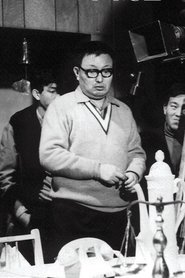 A documentary consisting of twentytwo Korean...
A documentary consisting of twentytwo Korean...Two Or Three Things I Know About Kim Ki-young 2007
A documentary consisting of twenty-two Korean directors' interviews about Kim Ki-young and respect for his work and the influence
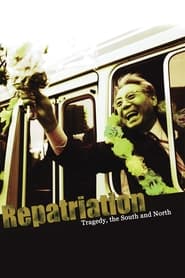 In 1992 political prisoners from North Korea...
In 1992 political prisoners from North Korea...Repatriation 2004
In 1992, political prisoners from North Korea settled in the South Korean town where filmmaker Dong-won Kim lived. Sent to South Korea as spies during the war, they spent 30 years in jail. How did they endure the many years of torture? What will become of them now that they have been released? Twelve years in the making, Repatriation is a very personal view of a country divided by an ongoing cold war.
 In revenge for her husbands infidelity...
In revenge for her husbands infidelity...Ardor 2002
In revenge for her husband's infidelity, a young beautiful housewife, Mi-heun, starts an affair with an attractive young doctor, In-gyu. Despite her husband's efforts to regain her love and the disapproval by the conservative little town, Mi-huen gradually finds happiness and satisfaction in the affair and decides to turn her back on her quiet life.
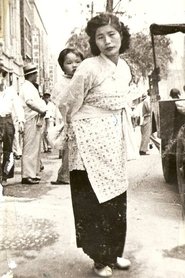 Keeping the Vision Alive is a...
Keeping the Vision Alive is a...Keeping the Vision Alive 2002
Keeping the Vision Alive is a documentary film containing the voices and images of Korean women filmmakers-both senior filmmakers and also the peers of director Yim. The film is Yim’s homage to both contemporary Korean women filmmakers, written by a filmmaker of the same age, and also to the history of women filmmakers in Korea. Yim does not reveal her own voice or opinion and lets the voices and images of the filmmakers speak for themselves through a non-interventionist camera. From the pioneers, Park Nam-ok, and Hwang Hye-mi, who directed First Experience in 70’s, to recent filmmakers, Byun Young-joo and Jang Hee-sun, the film traces their experiences, troubles, concerns and thoughts as women and women filmmakers. Keeping the Vision Alive calmly and enthusiastically encourages and celebrates the struggles, the resistance and the survival of women filmmakers in a conservative Korean film industry and a male-dominated and sexist social system. (Kwon Eun-sun)
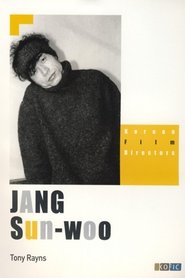 Divided into chapters the documentary examines...
Divided into chapters the documentary examines...The Jang Sun-woo Variations 2001
Divided into chapters, the documentary examines Jang's career and films from many different angles and includes the voices not only of those who have worked with Jang but also of numerous ordinary Koreans who have been affected by his work. Individual chapters are devoted to such topics as Jang's idiosyncratic hairstyle and the controversy surrounding his previous feature Lies. The documentary tries to place Jang and his work in the widest possible social context, not only in the context of Korean cinema. At its heart is a series of remarkably candid and revealing interviews with Jang himself.
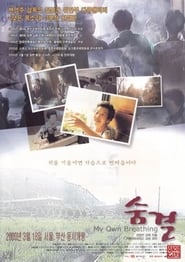 My Own Breathing is the final...
My Own Breathing is the final...My Own Breathing 2000
"My Own Breathing" is the final documentary of the trilogy, The Murmuring about comfort women during the World War II directed by BYUN Young-joo. This is the completion of her seven years work. BYUN's first and second documentaries spoke of grandmothers' everyday life through the origin of their torment, while My Own Breathing goes back to their past from their everyday life. Deleting any device of narration or music, the camera lets grandmothers talk about themselves. Finally, the film revives their deep voices trampled by harsh history.
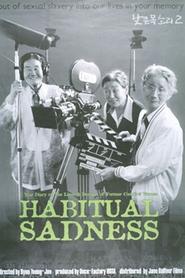 The story of the women at...
The story of the women at...Habitual Sadness 1997
The story of the women at the "House of Sharing" continues. Old women who share a common bond lead a peaceful life in the countryside, raising vegetables, chickens and painting pictures. They are no different from the elderly women we see every day. But they are all scarred by pain and sorrow from their collective history of being comfort women during World War 2. They became subject to prejudice in their own homeland after their return to Korea. It is painful for them to watch other peoples' children and grandchildren, and they feel rage when the Japanese government tries to cover up the unspeakable crimes they committed against them. The film asks us to remember what these women sacrificed and the shame and misery they faced even as these individuals pass away often forgotten by their own people.
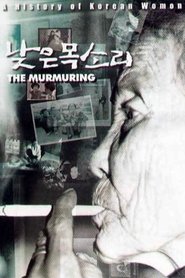 Every Wednesday at noon women who...
Every Wednesday at noon women who...The Murmuring 1995
Every Wednesday at noon, women who were kidnapped for sexual purpose by the Japanese army during its imperialism and their supporters demonstrate against Japanese government to request official apology and indemnity for their crimes. This documentary portrays sexually abused old women's suppressed story of overcoming of their shame and forced silence.
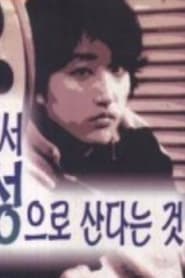 This documentary is an Asian report...
This documentary is an Asian report...A Woman Being in Asia 1993
This documentary is an "Asian report" on so-called international prostitution. The subject matter of parasitic tourism in Jeju Island in Korea is focused on, and it is said that international prostitution in Asia has a relationship between countries, focusing on Thailand and Japan, and that it is not only a problem between countries biased by the flow of capital, but also in the context of "sexual culture" with long roots. In the second half, the question is what is the alternative and what is the boundary between prostitution and non-prostitution in the current situation that is considered to be like "ghetto" because it is separated from the life of the general public.
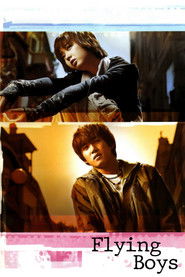 Five high school teens on their...
Five high school teens on their...